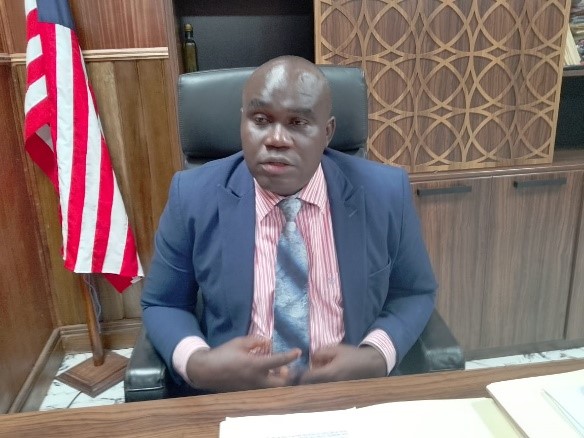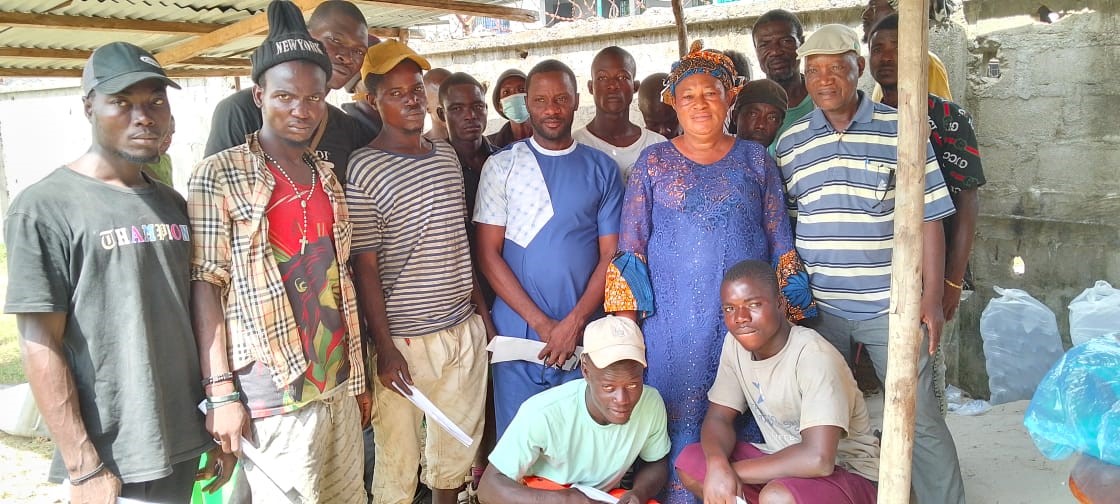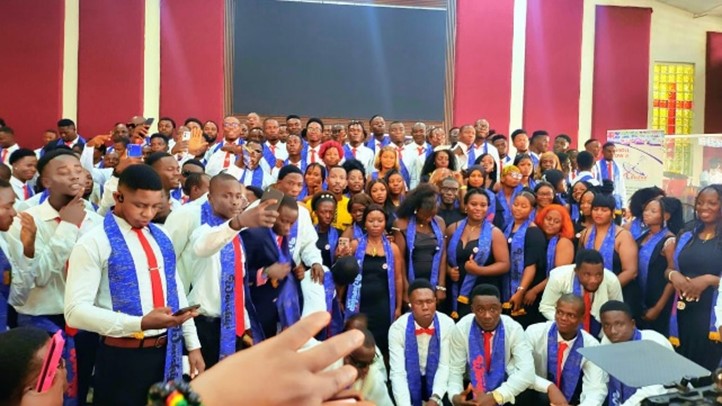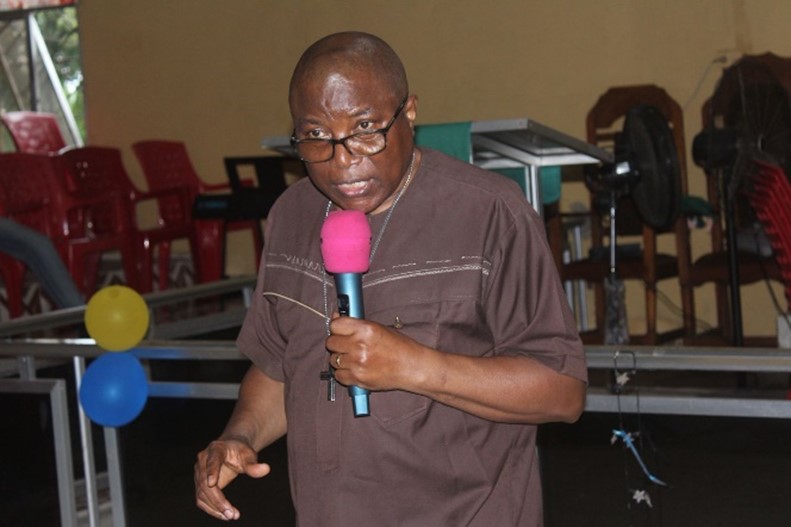A three-day West Africa parliamentarians climate change conference has kicked off in Liberia with 72 delegations from several West African countries attending.
According to the Chairman on the Senate Committee on Land, Mines, Energy and Natural Resources, Grand Cape Mount County Senator, Simeon B. Taylor, the parliamentarians climate change conference is intended to strengthen the capacity of lawmakers to make laws that will mitigate the impact of climate change in the sub-region.
Senator Taylor stated that climate change is affecting the livelihood of people in the sub-region, and as parliamentarians of member states in the sub-region it is critical to strengthen their capacities on issues relating to climate change, which is a global problem but can be tackled on a regional basis.
Senator Taylor made the disclosure Tuesday as parliamentary delegations from the sub-region started arriving in Monrovia for the conference.
According to him, the climate change situation is a global issue, and lawmakers from the West African sub-region are coming together to understand the significance of making laws that could address the impact of climate change in the sub-region.
He underscored that the need for Liberia to access funding relating to climate change for preserving Liberian forest, to mitigate against the impact of climate change, has been challenging.
The Grand Cape Mount County Senator indicated that Liberia has the largest forest in the upper Guinea Forest, and the process of accessing funds to battle climate change situations in Liberia will be addressed.
He maintained that the fight against climate change has to be done through legislation to ensure citizens of member states in the region abide by the law.
He noted that the climate change situation should draw the attention of parliamentarians, noting that the impact is severe on the livelihood of the people.
Senator Taylor emphasized that the conference will ensure that the process of battling climate change is prioritized in the West African sub-region.






